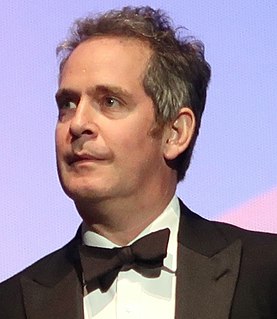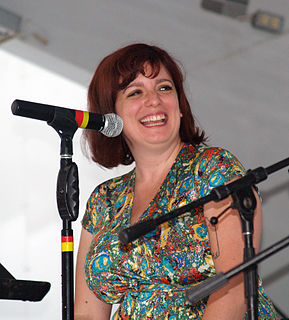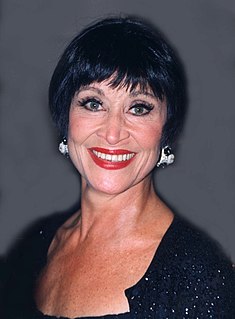A Quote by Tom Hollander
You're always supposed to have sympathy for the person you're playing. You should be the one person who does.
Related Quotes
The usual devastating put-downs imply that a person is basically bad, rather than that he is a person who sometimes does bad things. Obviously, there is a vast difference between a "bad" person and a person who does something bad.
Besides, failure is an event, it is not a person - yesterday ended last night.
I think it's still kind of weird to memorize a line, because you're supposed to 'be' this person, you know? So then its like, if I'm really this person, how can I be in the moment if I know there's just one line I'm supposed to say? It doesn't feel natural. I always just kind of want to say whatever comes up.
I gravitate toward the larger worldview questions such as, Why are we here? What are we supposed to be doing? What does it mean to know another person? To love someone? Of course, those questions are sort of in the background as I'm playing with language in the foreground, but those are the informing questions.



































